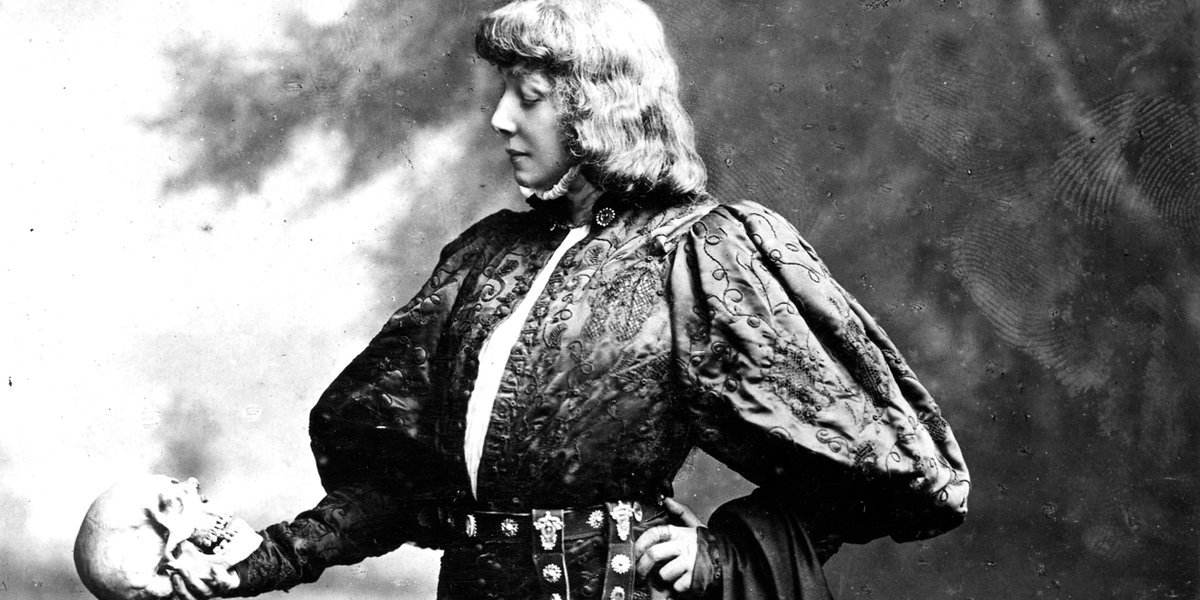Hamlet Essays Questions and Answers Grade 12 pdf: There are contextual questions as well as essay questions for The Tragedy of Hamlet, Prince of Denmark.
Quick FACTS about Hamlet
Who wrote Hamlet?
William Shakespeare
What is the Genre of the Story?
Tragedy; revenge tragedy
Who is the Protagonist?
Prince Hamlet
Explain the major conflict that happens in the story
Hamlet feels a responsibility to avenge his father’s murder by his uncle Claudius, but Claudius is now the king and this complicates matters for Prince Hamlet. Moreover, Hamlet has doubts about whether he can trust his father’s ghost, and whether killing Claudius is the appropriate thing to do.
Explain the rising of the action in the story
The ghost appears to Hamlet and tells Hamlet to avenge his murder; Hamlet pretends to be mad to his hide intentions; Hamlet stages the mousetrap play; Hamlet is reluctant to take the opportunity to kill Claudius while he is praying.
What happens in the climax?
When Hamlet violently stabs Polonius through the arras in Act III, scene iv, he brings himself into unavoidable conflict with the king (Claudius). Another possible climax comes at the end of Act IV, scene iv, when Hamlet resolves to commit himself fully to violent revenge.
What is falling action of a story?
Hamlet is sent to England to be killed; Hamlet returns to Denmark and confronts Laertes at Ophelia’s funeral; the fencing match between Hamlet and Laertes; the deaths of the royal family.
What is the setting (time) for the story?
Elizabethan times. In and around the royal palace in Elsinore, a city in Denmark
Contextual question
In a contextual question, you are given an extract (about 25–30 lines) from the drama. You will then have to answer questions based on the extract. Some answers can be found in the extract. Other questions will test your understanding of other parts of the drama: plot, characters, symbols and themes. Some questions will require that you express your opinion about the drama.
Literary Essay Question
Writing literary essays is a skill requiring preparation, planning and practice. When answering literary essays, you do not re-tell the story. Instead , you need to focus on specific requirements of the set essay question. The number of paragraphs in your literary essay will depend on what the question requires.
Characters in Hamlet
Classification of characters according to social status
In Hamlet, the characters’ social standing plays an important role, especially in relation to the Great Chain of Being.
The nobility
This is the noble class, made up of the royal family and the courtiers, whose wealth and position in society were inherited. They had political power and owned most of the land. The nobles in the play include Prince Hamlet, Claudius, Gertrude, King Hamlet and the Fortinbrases.
The commoners
These are people who had no inherited titles or wealth. Most of them had little chance of improving their social status except through their relationships with the nobility. For example, Horatio, Hamlet’s university associates (Guildenstern and Rosencrantz), Polonius and his children, the guards and the grave diggers, all belong to this class.
Some of the commoners are used to provide humour and to comment on the actions of the other characters are doing , e.g. in the graveyard scene.
Clergy
The clergy in Elizabethan times were given a special role in society. In Hamlet, the priest performs the last rites and burials, as seen during Ophelia’s burial.
Hamlet Essay Question 1
Hamlet’s behaviour throughout the play has unintended consequences. Critically discuss the extent to which you agree with the above statement. Your response should take the form of a well-constructed essay of 400–450 words (2–21⁄2 pages).
How to answer the above essay question: Answer Guide
Candidates might argue that this statement is not entirely true and discuss how Hamlet’s behaviour has either intended or unintended consequences or they might offer a mixed response.
- From the time he learns of his father’s murder, Hamlet is obsessed with the need to avenge his death. This sets him on a course that has many unintended consequences.
- Hamlet intends for his antic disposition to mislead his enemies and to allow him to investigate the Ghost’s accusations. It serves, however, to make Claudius suspicious of him and leads to Rosencrantz and Guildenstern’s spying on him and ultimately their deaths.
- Hamlet’s introspection, self-doubt and anxiety cause him to procrastinate, thus giving Claudius the opportunity to act against him.
- Although Hamlet has the perfect opportunity to kill Claudius while he is at prayer, he decides against it, as he does not want Claudius’s soul to ascend to heaven. His delay gives Claudius time to come up with a plan to kill him. Realising that Hamlet poses a threat to him, Claudius sends Hamlet to England where he will be executed by the English king.
- Hamlet’s boarding of the pirate ship has the unintended consequence of enabling him to return to Denmark and escape execution.
- Hamlet unintentionally kills Polonius when he realises that he is being spied upon in his mother’s room. As a result, Laertes is determined to avenge his father’s death.
- Hamlet’s cruel treatment of Ophelia is a result of his disillusionment with his mother, and women in general. His brutal rejection of her and her father’s death at Hamlet’s hands cause Ophelia to descend into madness and she drowns soon after.
- In order to eliminate the threat that Hamlet poses to him, Claudius poisons Hamlet’s wine at the duel. Gertrude’s death after drinking the poison is a consequence that neither Hamlet nor Claudius could have predicted.
- Fortinbras’s becoming King of Denmark is another unexpected outcome of Hamlet’s commitment to revenge.
- Candidates might argue that much of what Hamlet does is orchestrated and that he has a very clear outcome in mind. They might refer to his deliberate act of feigning madness and his plan to stage a play that mirrors Claudius’s murderous and incestuous actions. Both these acts have the intended outcome of confirming Claudius’s guilt.
Hamlet Essay Question 2
Hamlet is responsible for his own tragic fate. Assess the validity of this statement. Your response should take the form of a well-constructed essay of 400–450 words (2–21⁄2 pages).
How to answer the above essay question: Answer Guide
- Below is the basis for answering this essay. Use the following as a guideline only. However, also allow for answers that are different, original and show evidence of critical thought and interpretation.
- A range of examples may be used by the candidates to support their arguments.
A mixed response would demonstrate a comprehensive understanding of the text.
- Hamlet struggles to reconcile his conscience with the need to avenge his father’s death. His dilemma is that he is prone to philosophic speculation and a desire to make judgements based on reason. He vacillates rather than reacts. While some might construe Hamlet’s behaviour as weak and see him as responsible for his own fate, others might argue that Hamlet’s vacillations are a consequence of his goodness.
- Hamlet has no control over certain events: the murder of his father, Claudius’s ascension to the throne and his marriage to Gertrude.
- Hamlet acknowledges that fate plays a role in the way in which matters unfold: he says that ‘there’s a divinity that shapes our end’. This suggests that, although Hamlet’s flaws may contribute to his downfall, there are elements beyond his control.
- Candidates might argue that Hamlet’s assumed madness is a fatal error of judgement that contributes to the tragic consequences.
- Candidates might argue that Hamlet is solely responsible for his fate because of his self-pitying attitude and his procrastination. The consequent train of events is a result of his failure to act timeously. He ought to have disclosed the presence of the Ghost to Gertrude and then perhaps events might have taken a different turn.
- Candidates who argue that Hamlet has no control over events will focus on issues of fate and/or restrictive circumstances rather than Hamlet’s decisions.
- Fate plays a role when the ship Hamlet travels on is attacked by pirates, resulting in his being saved and returning to Denmark.
- The machinations of Claudius, his collusion with Rosencrantz and Guildenstern, as well as with Polonius and Laertes, make it impossible for Hamlet to be held solely accountable for the tragic unfolding of events.
- When Hamlet does act, he does so impulsively (e.g. the killing of Polonius and his role in the killing of Rosencrantz and Guildenstern). He avoids acting with premeditation. He struggles to react to the Ghost’s request.
Hamlet Essays Questions and Answers Grade 12 pdf Downloads
Download questions and answer guides for Hamlet below:
Questions and Answers
My Courses has a large Questions and Answers repository for the most popular High School and Tertiary Schools subjects. This comes in handy when doing your revision or preparing for exams, tests, research tasks, and assignments.
Ask Us a Question and we will send you the Answer Guide
[super_form id=”33574″]





